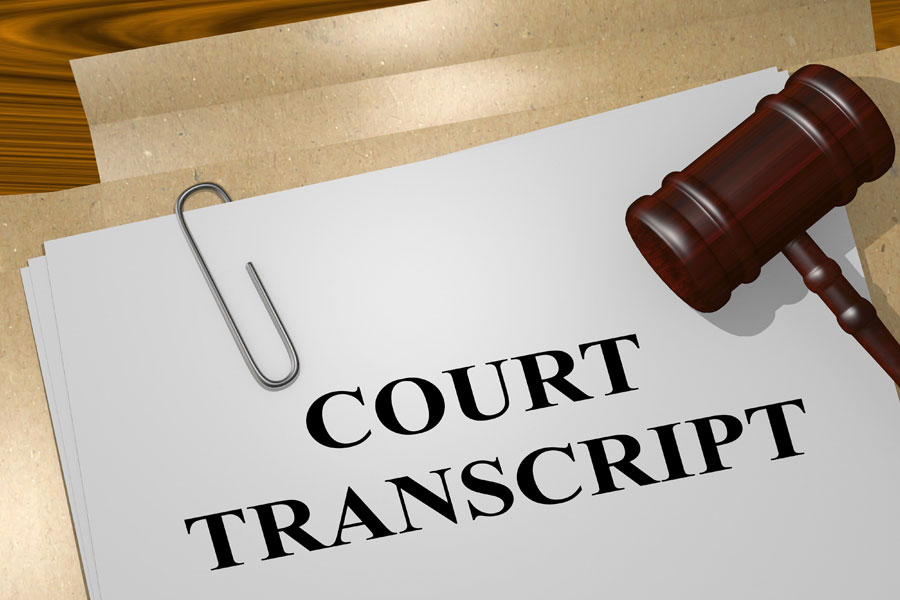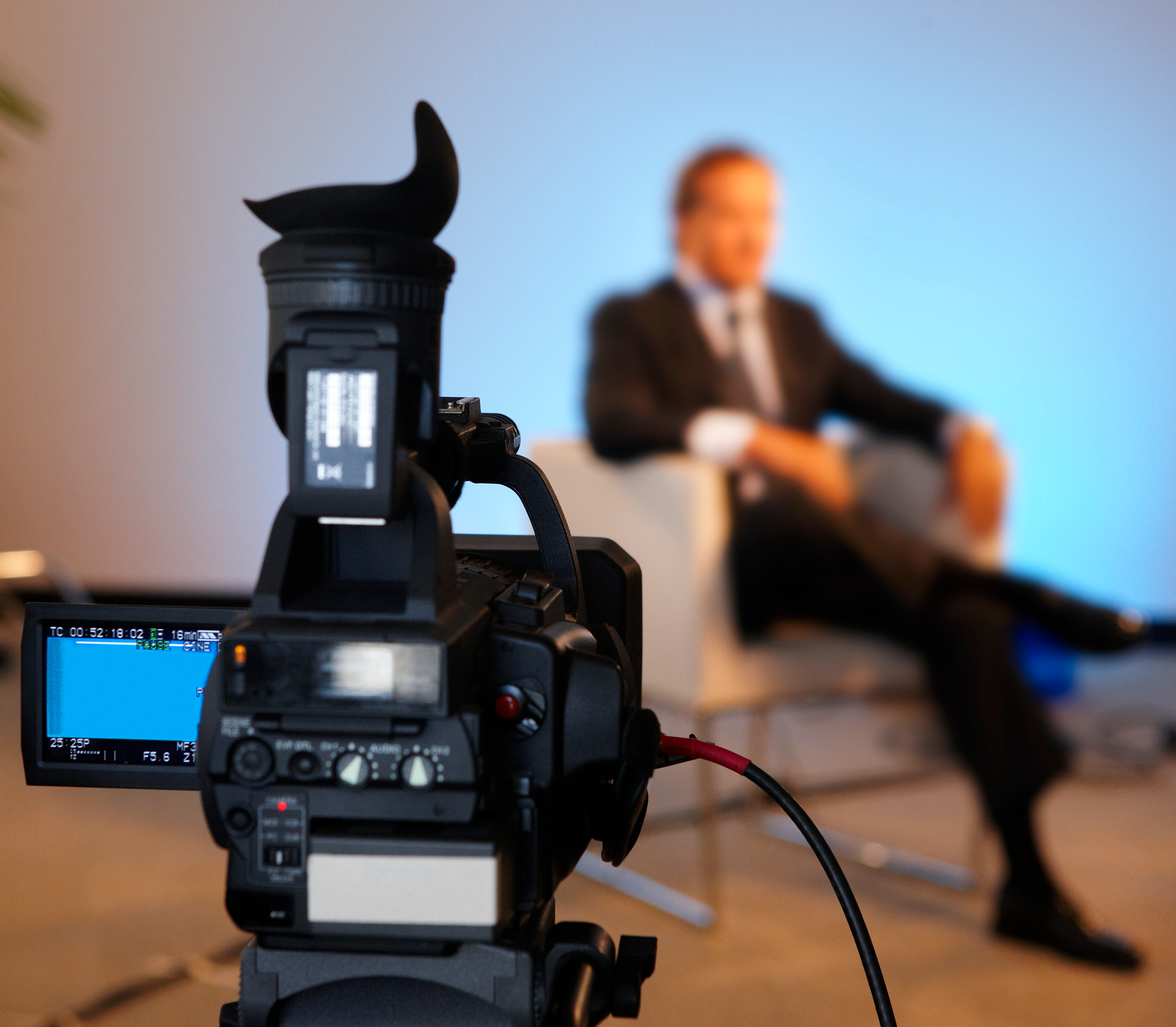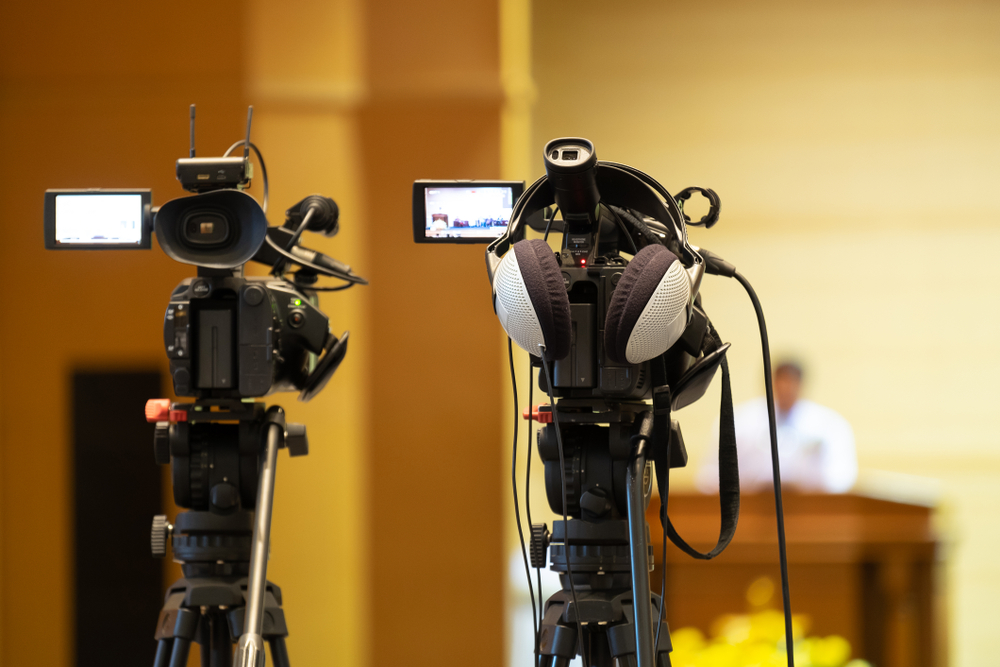The Value of Legal Video Depositions in Modern Legal Providers: What You Need to Know
Lawful video depositions have actually ended up being necessary in today's lawful landscape. They give a multidimensional sight of witness testaments that traditional records merely can not match. By recording both verbal and non-verbal interaction, these depositions boost the total understanding of a witness's trustworthiness. The performance of video depositions pivots on different elements, including conformity with legal requirements and best techniques. Exploring these components discloses their true importance in modern lawful services
What Are Legal Video Clip Depositions?
Lawful video clip depositions function as an important device in the lawsuits process. They entail tape-recording witness testimonies in a video clip layout, recording both non-verbal and verbal interaction. This method permits attorneys to record the demeanor, expressions, and responses of witnesses, supplying a richer context for the statement. Usually carried out in a regulated environment, these depositions are led by lawyers who ask questions while a court reporter records the dialogue. The resulting video can be crucial for test preparation, as it enables legal representatives to assess the reliability of witnesses and fine-tune their methods. In addition, lawful video depositions can be utilized in various legal contexts, ranging from civil disputes to criminal situations. The visual and acoustic aspects of video clip depositions enhance the presentation of evidence, making it a crucial component in the modern-day lawful landscape. On the whole, they contribute considerably to the performance and performance of lawful process.

Benefits of Video Clip Depositions Over Traditional Techniques
Video clip depositions use many advantages contrasted to typical approaches of taking witness testaments. One significant benefit is the capacity to capture both aesthetic and audio aspects, supplying a much more detailed document of the witness's statements. This dual style improves quality and permits lawyers to reference certain nuances during test prep work. In addition, video depositions help with remote involvement, making it easier for witnesses who might be inaccessible for in-person appearances due to geographical restrictions or wellness issues.Moreover, video clip depositions can speed up the total deposition procedure, lowering the time and prices associated with traveling and logistics. They likewise boost access, as tape-recorded depositions can be conveniently shared amongst legal groups and referenced at any moment. This convenience contributes to much better situation monitoring and prep work. Overall, video depositions stand for a contemporary, efficient method to gathering witness statements, lining up with the developing requirements of the legal occupation.
The Role of Body Movement and Tone in Testimonies

In legal video depositions, body language and tone play important duties in sharing a witness's trustworthiness and credibility. Nonverbal signs can offer insights into a witness's emotional state, influencing exactly how their testimony is perceived. Understanding the effect of these components is vital for jurors and lawyers alike when evaluating the reliability of a testimony.
Nonverbal Interaction Insights
While verbal interaction is typically emphasized in legal testimonies, nonverbal hints such as body language and tone play a necessary role in conveying integrity and feeling. Observers of depositions may note that a witness's posture, gestures, and faces can greatly influence understandings of reliability. For instance, constant eye get in touch with may indicate confidence, while staying clear of stare might recommend deceit or discomfort. In a similar way, the intonation-- its volume, rate, and pitch-- can impart sensations of genuineness or unpredictability. Attorneys must be in harmony with these nonverbal signals, as they usually supply essential context that matches spoken words. Comprehending these nuances can improve the performance of depositions and influence the end result of legal proceedings.
Psychological Tone Effect
The psychological tone conveyed throughout lawful testaments significantly affects just how a witness is perceived. Body language, singing inflections, and faces play important duties fit the narrative of a statement. A witness exhibiting confidence via consistent eye call and a calm tone can instill a feeling of reliability and interaction. Alternatively, signs of anxiousness, such as fidgeting or an unsteady voice, may result in apprehension concerning their account. The subtleties of emotional expression can influence the analysis of truths, making it important for attorneys to identify these signs. In video depositions, the auditory and aesthetic components integrate, stressing the importance of emotional tone in sharing sincerity and reliability within the lawful process.
Trustworthiness and Credibility
An important consider developing reliability and trustworthiness throughout testimonies exists in the witness's body language and intonation. Observers often count on non-verbal hints-- such as eye get in touch with, posture, and gestures-- to evaluate a witness's genuineness. A witness that keeps eye contact and shows open body language may be viewed as even more truthful and dependable than one that prevents eye call or shows up shut off. Furthermore, intonation plays an essential duty; a consistent, tranquil tone can site web enhance the trustworthiness of the testament, while variations in pitch or volume may elevate doubts. Eventually, the combination of body language and singing tone significantly affects exactly how a witness's declarations are received and analyzed in a legal context.
Finest Practices for Conducting Video Clip Depositions
Conducting video clip depositions needs mindful preparation and execution to assure a reliable and clear discussion of testament. It is crucial to choose a quiet, well-lit area to reduce diversions and secure optimum video quality. The tools must be tested beforehand, consisting of electronic cameras, microphones, and lights, to stay clear of technical problems during the deposition.Next, parties included have to review the format and treatments beforehand, making certain that everybody recognizes their roles. The deponent must be briefed on the procedure, consisting of how to react clearly and concisely.Additionally, preserving a professional behavior throughout the session is vital. This includes avoiding speaking over one an additional and validating that all concerns are guided appropriately. Finally, it is vital to tape the deposition in a style that allows for very easy playback and review, preserving the integrity of the testament for future use.
Lawful Considerations and Compliance Issues
How do legal considerations and conformity problems impact the efficiency of video clip depositions? Lawyers need to browse an intricate landscape of regulations, making sure that video depositions adhere to jurisdictional rules and standards. Compliance with laws concerning privacy, consent, and recording methods is vital. Getting explicit consent from all celebrations entailed is necessary to prevent lawful repercussions.Additionally, the admissibility of video evidence in court can pivot on conformity with procedural demands. Guaranteeing that the tools used meets technical requirements is additionally essential, as low quality can threaten the deposition's reliability.Moreover, attorneys should understand any kind of certain state regulations that govern More about the author video depositions, as these can differ significantly. Failure to deal with these factors to consider can not just endanger the honesty of the deposition yet additionally influence the total instance approach, eventually impacting the client's legal results.
Just How Video Clip Depositions Effect Court Assumption
While video clip depositions can act as powerful tools in legal process, their influence on jury assumption is substantial. The aesthetic and auditory aspects of video recordings give jurors with a more thorough understanding of witness behavior, reputation, and emotional actions. This multimedia method can enhance the jurors' ability to examine the dependability of statement compared to standard text-based transcripts.Moreover, video clip depositions permit jurors to observe body language, tone of voice, and facial expressions, all of which can influence their interpretation of the witness's statements. The presence of a witness on screen can humanize them, promoting compassion and connection, which might persuade jurors' point of views. On the other hand, a witness who appears evasive or unreliable on video may result in adverse perceptions that influence a jury's choice. Ultimately, the dynamic nature of video depositions plays an important function in shaping just how jurors interpret proof and reach their verdicts.
The Future of Video Depositions in Legal Practice
As advancements in modern technology continue to improve the legal landscape, the future of video depositions is poised for substantial advancement. Innovations such as synthetic intelligence, online reality, and boosted video conferencing devices are expected to streamline the deposition process and boost access. Lawyers may make use of AI-driven analytics to analyze witness reputation and case strength much more effectively.Moreover, the assimilation of digital truth can enable courts to experience immersive simulations of depositions, providing deeper context and understanding. Additionally, the trend toward remote depositions is likely to continue, providing better versatility for clients and lawyers alike.As remote work becomes progressively stabilized, video clip depositions will likely come to be typical practice, lowering costs and time restrictions connected with traditional approaches. Generally, these technical developments assure to boost the efficiency, effectiveness, and accessibility of video depositions in legal method, eventually transforming exactly how lawful specialists get ready for trial.
Regularly Asked Concerns
Exactly How Much Do Legal Video Clip Depositions Commonly Price?

Can Video Depositions Be Used in Any Kind of Situation?
Video clip depositions can be used in numerous types of instances, consisting of civil, criminal, and family members law. Their versatility allows attorneys to existing witness statements efficiently, adapting to the particular requirements of different lawful circumstances.
What Equipment Is Required for a Video Deposition?
To carry out a video deposition, crucial tools includes a top notch video camera, microphone, illumination, and a dependable recording tool. In addition, a computer system with modifying software program might be required for post-production and formatting the final video clip.
Exactly how Long Does a Common Video Clip Deposition Last?
A regular video clip deposition lasts in between 2 to 4 hours, relying on the intricacy of the instance and the number of concerns positioned. Extended sessions might occur, but breaks are usually incorporated for individual convenience.

Are Video Depositions Admissible in Court?
Video depositions are typically acceptable in court, supplied they stick to lawful criteria and regulations of evidence. Their use improves quality and maintains witness testimony, aiding in the judicial process during trials and hearings. Lawful video depositions have actually come to be important in today's lawful landscape. In addition, legal video depositions can be utilized in numerous legal contexts, varying from civil disputes to criminal situations. In addition, video depositions help with remote engagement, making it less complicated for witnesses that might be not available for in-person looks due to geographical restrictions or health and wellness issues.Moreover, video clip depositions can speed up the overall deposition procedure, decreasing the time and prices associated with travel and logistics. Making certain that the tools made use of meets technological criteria is also vital, as bad high quality can threaten the deposition's reliability.Moreover, attorneys have to be mindful of any type of specific state laws that control video depositions, as these can differ substantially. In addition, the pattern toward remote depositions is most likely to persist, using greater flexibility for customers and lawyers alike.As remote work ends up being significantly normalized, video clip depositions will likely come to be basic method, decreasing prices and time constraints connected with traditional methods.